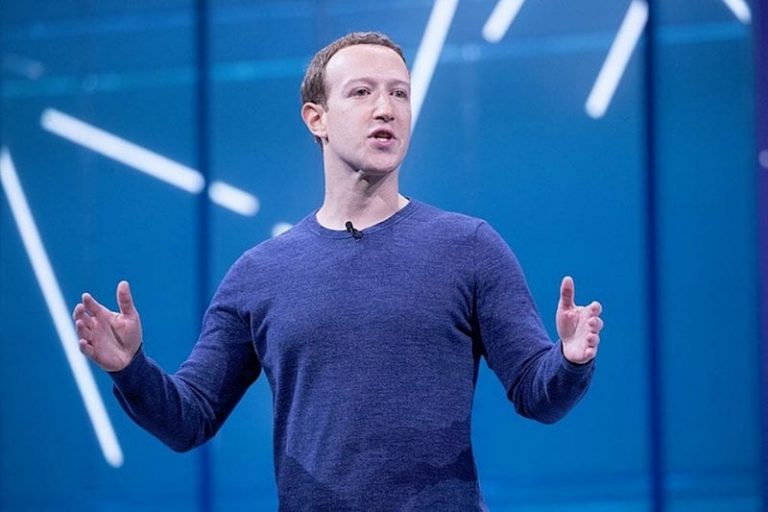
Stop hate for profit has gained enormous momentum in ending the spread of misinformation and hate on the social media platform. It was announced today that Starbucks and Pepsi will join the litany of major brands that will be discontinuing their ad spending with the social media giant. Market Business Insider reports that Facebook has lost $60 billion in value since the announcements have escalated.
Facebook generates 98 percent of its revenue from ads. It netted $17.4 from advertising in the most recent quarter. Many of these ad dollars are now being suspended media for the month of July.
According to the New York Times, besides the big name brands and several huge advertising agencies, even smaller advertisers such as authors, therapy providers and payment companies are taking a break from Facebook as a protest against the platform and its subsidiaries.
The major cause of the protest, according to the New York Times is that Facebook has not filtered any of President Donald Trump’s posts. But there is much more to it than President Trump.
The majority of Facebook’s eight million advertisers are small businesses or individuals. Many are uncomfortable with the negativity found on the platform but many feel that they have no choice but to keep paying Facebook to promote themselves.
Facebook has taken action to suspend the buying accounts of many independent publishers such as the Jason Stapleton program. They haven’t provided any reason for doing so other than the “violation of terms” clause. Facebook will not provide any specifics when they suspend the accounts of publishers, but it is believed that this is a blanket response to the promotions of “fake news.”
Ben and Jerry’s pushed Facebook to take stronger action to stop its platforms from being used to divide our nation, suppress voters and foment and fan the flames of racism and violence and undermine our democracy.
The Utah Stories program discussed how Facebook’s algorithm operates by generating a “digital avatar.” This feeds each user emotionally or politically-charged posts knowing that each user will tend to read or respond to posts that generate a neural response. These “filter bubbles”, according to the author of the book Zucked: Waking Up to the Facebook Catastrophe, foment political division and the most hateful comments and speech. Facebook knows that people read the most emotionally-charged posts so they intentionally promote them to keep users on their site for longer periods of time.
Xmission Founder Pete Ashdown described how much of the environment that is created on Facebook is very unhealthy for especially children. It also produces a much more perceived polarized environment in our online communities.
FOR MORE UTAH STORIES PODCASTS GO HERE.

![]()
![]()





